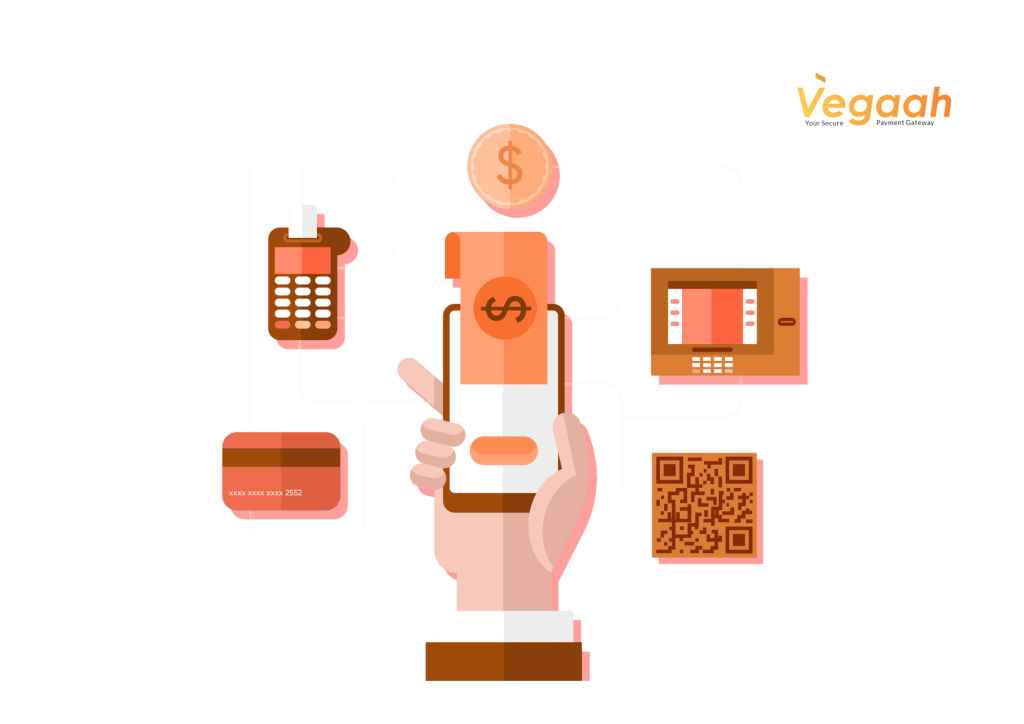The payment gateway that offers cost-efficiency, convenience, and a balance of security is most commonly chosen by E-commerce stores. Check out the article to know the right payment gateway for your business.
Running an online store isn’t just about good products and a nice website. A smooth and secure checkout process plays a huge role in building trust with your customers. And that’s exactly where a payment gateway comes into the picture.
A payment gateway is a tool that allows your e-commerce website to accept online payments from customers. Whether they pay by card, UPI, or net banking, the process is safe and quick.
However, with numerous payment gateway providers in India, how do you determine which one is best for your store? Let’s explain in simple terms.
Know Your Business Before Choosing a Payment Gateway
Before comparing payment gateway options, take a moment to understand your business needs.
Do you primarily deal with local customers or international ones, too? Do you sell high-ticket items or affordable daily-use products? Is your store website-based, app-based, or both?
Answering these questions will help you pick a gateway that matches your scale and budget. Understand your audience and then decide what works best for your business.
Select Secure Payment Gateway

Security is non-negotiable when it comes to online payments. Your customers need to feel safe sharing their card or bank details.
Look for e-commerce payment gateway providers that are certified by the PCI-DSS. This is a global security standard for handling card payments.
Features like OTP-based verification, fraud detection, and encrypted transactions are all signs that you’re on the right track.
How to Integrate a Payment Gateway System?
Once you choose a payment gateway, connect it to your e-commerce platform. This process is called payment gateway integration.
Some gateways offer plugins for platforms like Shopify, WooCommerce, or Magento, while others provide developer-friendly APIs. If you don’t have a tech team, choose a gateway that offers ready-to-use tools or strong customer support during setup.
Compare Transaction Fees

The most important factor to look into is transaction fees. Most payment gateways charge a percentage of each sale and a fixed fee. Some may also charge for setup, maintenance, or refunds.
Some payment gateway providers offer zero setup fees with no maintenance charges, while some charge varying amounts according to the payment methods.
Instead of picking the cheapest option, see what you’re getting in return. Sometimes, paying a little extra to a payment gateway provider gives you better service and reliability.
Check Settlement Time
After a customer pays you, the payment goes through a verification process before it reaches your bank account. This period is called the settlement time.
Some payment gateway solutions settle payments in 1 day, while others may take 2 to 3 working days.
If cash flow is tight or you need funds quickly, choose a provider offering a faster settlement.
Look for Pay Gateway That Supports All Payment Modes

Every customer has a preferred way to pay. Some prefer UPI Gateway, others use credit cards, and some still use net banking.
Your payment gateway should support all common payment methods in Indian cards, wallets, UPI, net banking, and even EMI options. Giving your customers flexibility makes it easier for them to complete the purchase.
Customer Support Matters
Even the most reliable systems can face hiccups. When that happens, you need quick support.
Choose a payment gateway that offers dependable customer support via email, chat, or phone. Read a few user reviews online to understand how responsive their team is in real situations.
Think About the User Experience
A payment process that’s too slow, complicated, or confusing can cause your customers to leave.
The checkout page should load fast, look clean, and be mobile-friendly. Ideally, it should blend with your website’s design to offer a consistent feel.
A smooth payment experience often means higher conversions and happier customers.
Plan the Future of Your E-commerce Store
Your e-commerce store might be small today, but what happens when it grows? Will the same gateway still work for you?
Look for payment gateway providers that offer advanced tools, like detailed transaction reports, support for international currencies, recurring billing, and integrations with accounting software. That way, you won’t need to switch later when your business expands.
Choosing the right payment gateway is about more than just accepting payments. It’s about creating a seamless buying experience that builds trust and keeps customers coming back.
Whether you’re starting a new or established online store, take time to compare features, understand costs, and consider the long term.
If you are looking for secure transactions, fast settlements, and easy integration with top e-commerce platforms, VegaaH is the best solution for you. It is built to support your business at every stage of growth.
With advanced features like biometric authentication, offline OTP, and in-app login, Vegaah ensures both convenience and security for your customers.
Experience payments, the Vegaah way secure, swift, and smart.
FAQs
| 1. What is a payment gateway, and why is it important for an online store? A payment gateway lets your website securely accept payments from customers via cards, UPI, net banking, wallets, and more. It builds trust and enables smooth checkout. |
| 2. What are the key features to look for in a payment gateway? Look for PCI-DSS certification, encrypted transactions, fraud detection, multiple payment modes, low transaction fees, fast settlement, and reliable customer support. |
| 3. Are there setup or hidden fees involved in using a payment gateway? Some gateways charge setup, maintenance, or refund fees. Always check the full fee structure, including transaction charges, before signing up |
| 4. Can I integrate a payment gateway without coding skills? Yes. Many gateways offer plug-and-play options for platforms like Shopify, WooCommerce, and Magento. Choose a provider that offers support or easy-to-use tools. |
| 5. Should I choose the cheapest payment gateway available? Not always. Instead of focusing only on price, compare features, security, support, and settlement speed. A slightly higher fee may bring better reliability and service. |
